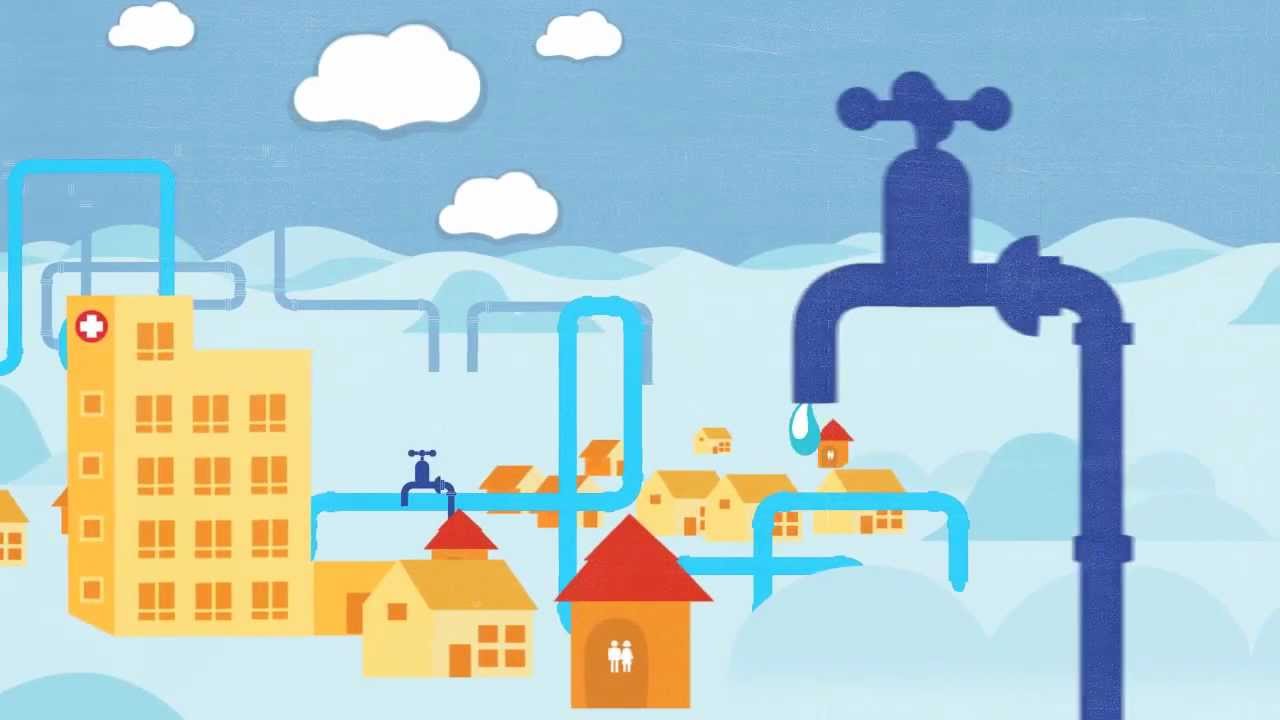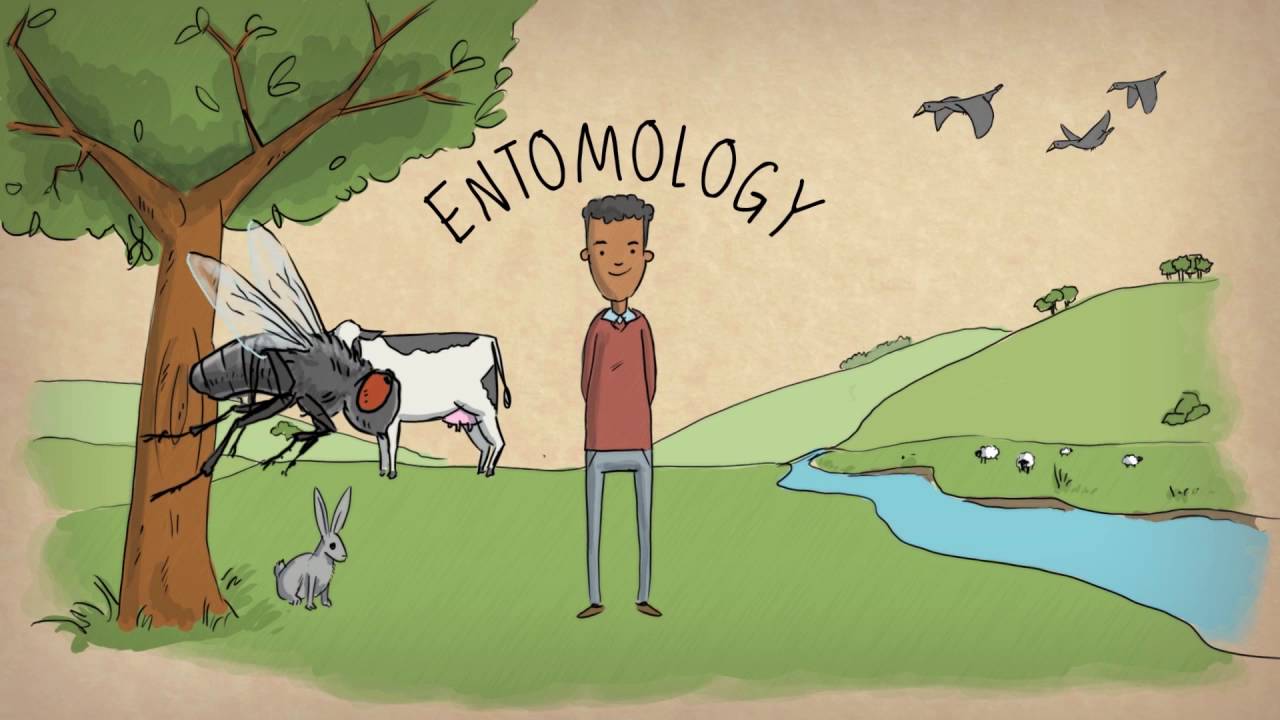Mon-Sat 9am-7pm



















Environmental Health Scientist An environmental health scientist does research or carries out investigations geared at identifying, minimizing, or eliminating pollutants or other hazards that are a health concern. The work can involve examination of air, water, and soil for both biological and non-biological material. Examination of a river for an oil spill is very different from sampling air for the presence of a biological agent such as the bacterium that causes anthrax. These aims call for different skills, so an environmental health scientist is really an umbrella term that includes people who are experts in different areas.
Being an environmental health scientist can mean spending days at a desk analyzing reports and preparing summary documents of a clean-up operation. However, other days might be spent at the site of a spill or other environmental situation. In the era of bioterrorism, organizations including the Federal Bureau of Investigation (FBI) and state law enforcement agencies have a need for the skills and training of an environmental health scientist.

Diploma Courses:
Bachelor Courses:
Master Courses:
Ph.D. Courses:
You can expect a better salary structure in environmental science like any other field. Salary may vary according to the size of the organization, sectors, working location, education, and various other factors.
We are giving you a rough idea here. The figures we are showing here may vary according to the organization. In India, the minimum salary of a bachelor’s degree holder in this field is around Rs 8 lakh per annum.
With a good experience in this field along with a master’s or Ph.D. degree, the average salary can go up to Rs. 10 lahks per annum.
One can easily earn from Rs 5,000 to Rs 15,000 per month in NGO jobs as a fresher. In private industries, the starting salaries range from Rs 8,000 to Rs 15,000 per month approx. In the research field, the pay can start at approximately Rs 9,000 to Rs 12,000. The actual structures may vary in different organizations.
| Pros of an Environmental Science Career |
|---|
| Opportunity to improve the state of the planet* |
| Mean annual salary was $72,050 in 2014, though there is the potential to earn more than $114,990, annually* |
| Full-time positions common* |
| Knowledge to solve large-scale problems affecting human health* |
| Healthy job growth (15% between 2012-2022)* |
| Cons of an Environmental Science Career |
|---|
| Grueling fieldwork, particularly in bad weather* |
| Irregular or long hours when conducting field work* |
| Graduate degree is necessary for many jobs (requiring 2-3 years for a master's degree and an additional 3-6 years for a doctoral degree)** |
| Experience as an assistant researcher or lab technician might be required for entry-level employment* |
Call us at +91 9205084085, Monday - Friday, 9 am - 7 pm


